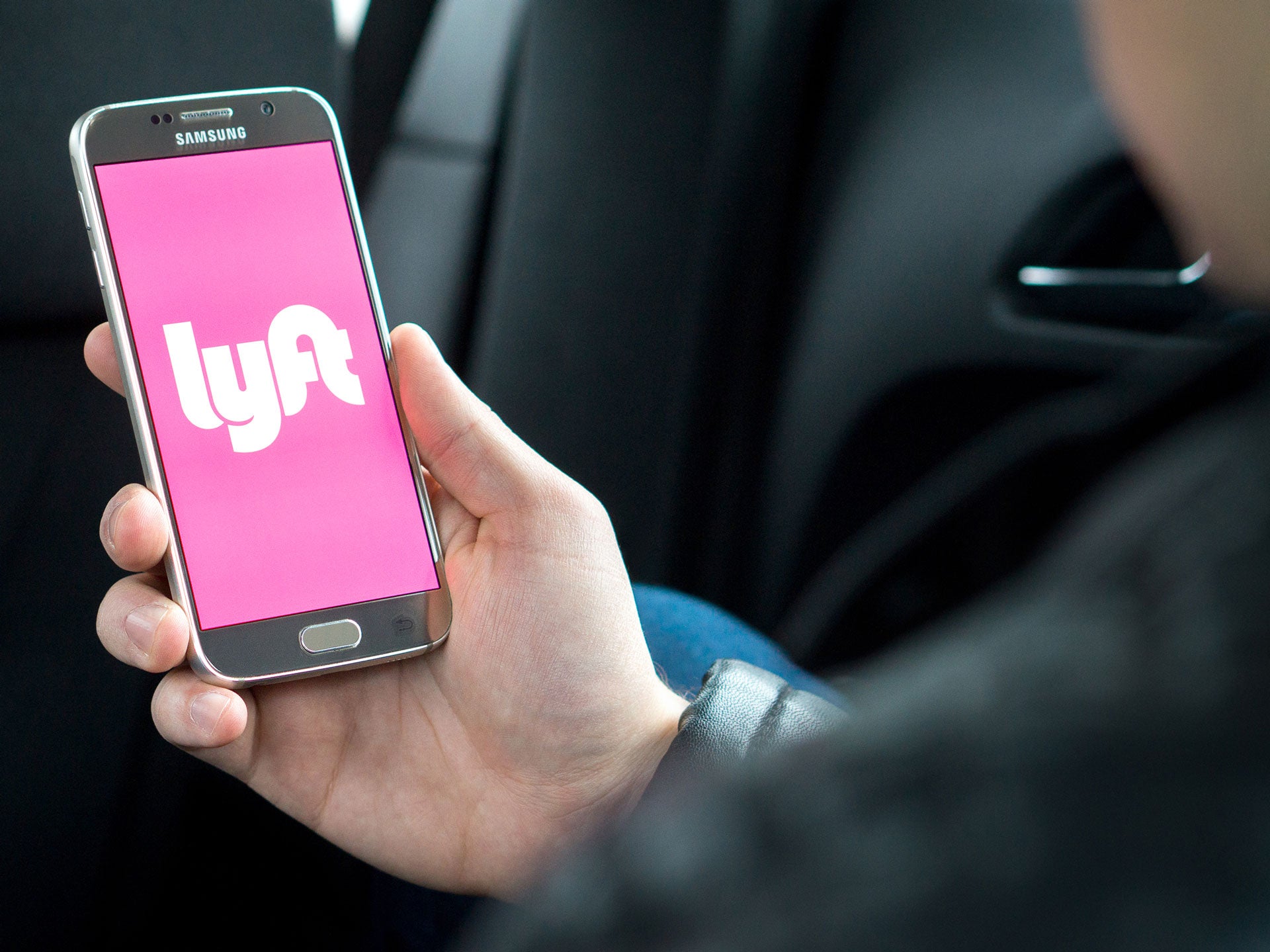
Ride-hailing company Lyft has announced an initial public offering in which 30.77 million shares will be sold between $62 and $68 per share. The Lyft IPO is expected to raise more than $2bn and means it beats rival Uber in the race to go public.
It will see the San Francisco-based startup valued as much as $19.4bn, up from its $15bn valuation as a private company but less than the upper valuation of $25bn it was reportedly seeking.

Access deeper industry intelligence
Experience unmatched clarity with a single platform that combines unique data, AI, and human expertise.
JP Morgan, Credit Suisse Securities and Jeffries are among the main underwriters for the Lyft IPO, the company said in a press release.
The 7-year-old firm expects to list on the Nasdaq stock exchange under the symbol ‘LYFT’.
Lyft IPO vs. Uber IPO
Uber is expected to follow with its own IPO in April, Reuters reported on Sunday.
While Lyft has won the IPO race, Uber’s size dwarfs that of its competitor.

US Tariffs are shifting - will you react or anticipate?
Don’t let policy changes catch you off guard. Stay proactive with real-time data and expert analysis.
By GlobalDataUber was recently valued at $76bn and is seeking a valuation as high as $120bn.
And last year, Uber boasted revenues of $11.3bn versus Lyft’s $2.2bn.
Both companies are yet to make a profit, with Uber losing $3.3bn – over three and a half times that of Lyft.
But while Uber controls 68.5% of the US ride-sharing market, Lyft’s rapid growth has seen it take control of 28.9% of the market – a 3% increase from a year ago – according to marketing firm Second Measure.
Although Uber still dominates with its larger, more diverse business that includes offerings such as food delivery services Uber Eats, the ten-year-old company has been plagued with scandals in recent years.
The San Francisco company has come under fire for numerous allegations of sexual assault against its drivers. It has since taken steps to address this, including safety features on the Uber app.
It also paused its autonomous vehicle program in March last year after one of its cars struck and killed a pedestrian in Arizona, the first reported fatality involving a driverless car.
Read more: Uber used spyware to steal market share from this competitor







